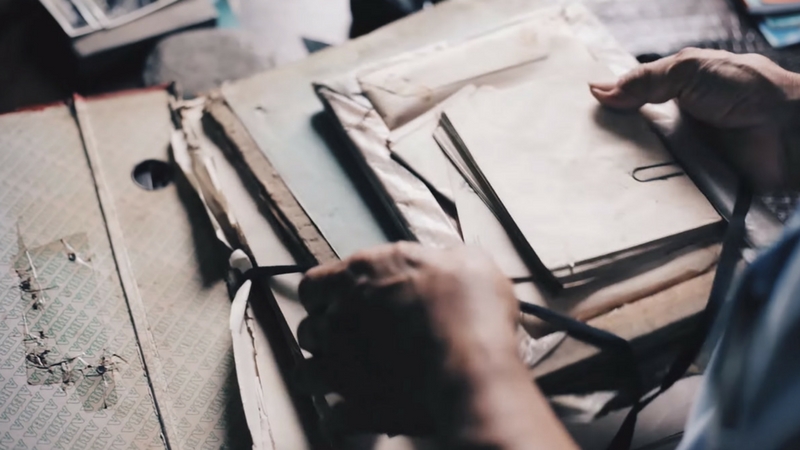Getting Started and Staying Organized
Episode #1 of the course Researching your genealogy by Alisa Miller
Welcome to this course. I’m Alisa, and I look forward to guiding you through the exciting process of learning about your family history. Today, we’re going to look at how to get started on your research journey, ways to stay organized, and why organization is important.
Getting Started
Before launching into your research, preparing yourself will help keep you on track and help keep all the information you gather organized and accessible. Once you begin gathering information on your family, you may be surprised to discover the sheer volume of names, dates, and relationships that begin coming your way. It is essential to document all this information so you can return to it easily.
You should think about how you like to take notes. This will determine what method of recordkeeping works best for you. Do you like to handwrite your notes? If so, then you will want to keep a notepad, pen, and file folders handy. Do you prefer taking notes on your computer? If so, then you will need to create a folder specifically for your family research.
Now that you’ve decided on the best method of documentation, let’s explore some ways to stay organized.
Organization Methods
Whether you prefer pen and paper or electronic documentation, chances are that you may find yourself using a bit of both, even if you tend more toward one method.
I suggest creating two main folders (whether paper or electronic): one for your mother’s side of the family and one for your father’s side. Within those two folders, you will be dividing again for each generation of parents. Let’s use your mother’s family as an example. Within your mother’s folder, you’ll need a place to keep notes on her mother’s family and a separate place for her father’s family. You can either create new folders for each generation or you can simply create a new note page for each generation. Be sure to add a title to the pages and folders so it’s easy to find them. It is important to keep only notes that pertain to that part of the family on that page or in that folder.
It’s helpful to use scrap paper or sticky notes too. Sometimes I find myself needing to jot down a date or a lead, but I don’t necessarily want to keep that information in my notes. Use scrap paper and sticky notes to keep information you need temporarily. When you’re finished, you can just toss that note in the recycling.
Why Organization Matters
I cannot emphasize enough how important staying organized will be for your research. You will be getting so much information, and if you keep it organized, then you can easily find it again when you need it. The point of finding this information is to be able to create a family tree, and you’ll need your notes to ensure your tree is completed as fully as possible.
When you begin finding information about your family members, you will often stumble upon information about several different people within one resource. Keeping information for each generation of the family separate makes it easier to stay organized. While I was researching a census for one of my family members, I discovered information on an older generation of that family member in the same document. It was a great find, and I wrote all that information in each generation’s own section, making it simple for me to retrieve those details when I added them to my family tree.
We’ll look more at creating a family tree in an upcoming lesson. For now, though, we’re going to focus on gathering information from family members. In tomorrow’s lesson, we’re going to explore ways your relatives can help with your research.
Thanks for starting your journey into your family’s history with me. I look forward to helping you create a keepsake for generations to come.
Recommended book
Share with friends

